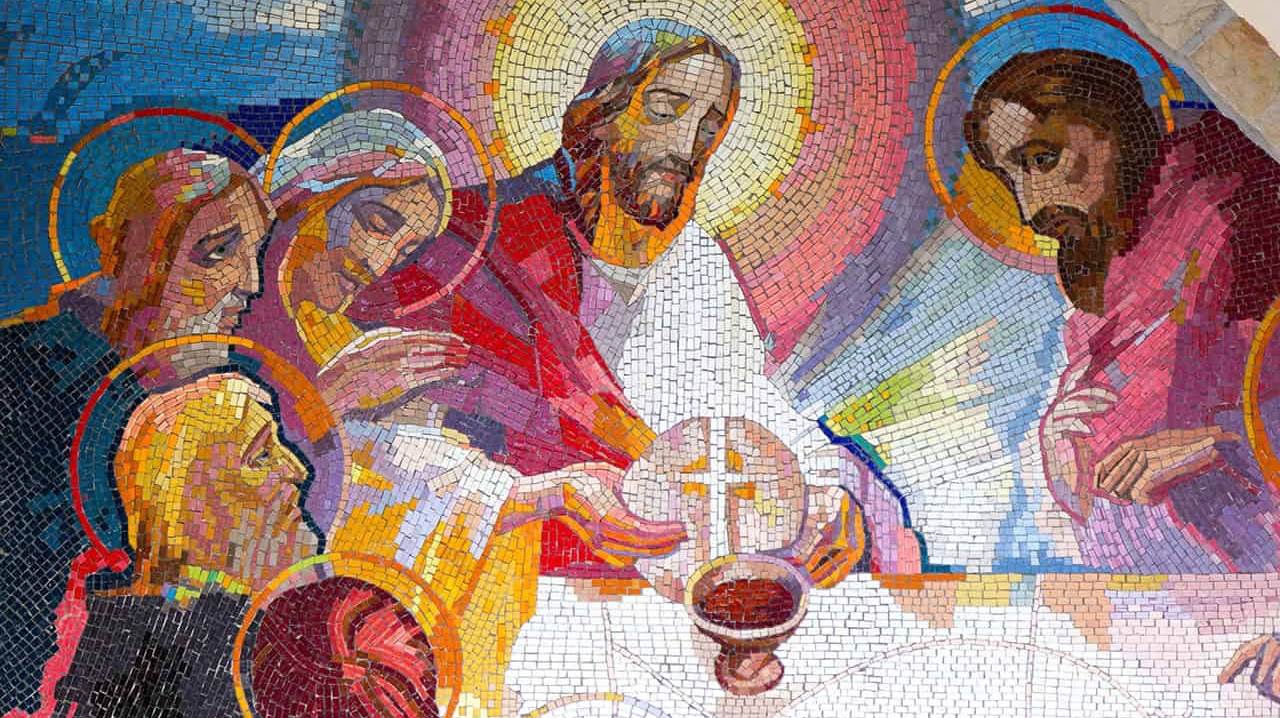I was never really a fan of the Star Trek TV series, but I did end up seeing and enjoying most of the Star Trek movies. One of my favorite characters was Mr. Spock, the first officer of the U.S.S. Enterprise: a natural second-in-command who was extremely logical and intelligent, and who kept his emotions under tight control. I appreciated the way his calm, steady reasoning and adherence to the truth allowed him to perceive things not obvious to the other characters, giving him the ability to offer them useful and sometimes crucial advice. One of the Star Trek movies from about fifteen years ago did a good job showing the early life influences and experiences of the main characters, including how, as a boy on the planet Vulcan, young Spock was trained to analyze data, consider all the possibilities, and respond logically. He was to be aware of his emotions, but not allow them to sway his decisions, and certainly not his personal integrity. That approach usually served Spock well—until at one point, later on in the movie, he learned that sometimes the right thing to do is to trust, even when doing so seems illogical.
Faith often works that same way. Very few of us ever hear heavenly voices, receive private revelations, or know with unshakeable certainty precisely what God is doing in our lives and exactly what He wants us to do in response. We can’t see the Lord face-to-face, but we do have the ability—and calling—to believe in His existence and especially in His personal love for us. Sometimes this may seem illogical, and Christianity’s moral standards and religious rules certainly do place restrictions upon our freedom and perhaps require us at times to act against what appears to be our own self-interest. Being a truly committed Catholic just doesn’t make sense in the eyes of the world; however, our duty isn’t to act logically, but in accord with the truth. The power and love of Jesus are far greater than human reason and logic can perceive—and if we set aside our fears and doubts, and instead surrender to Him in a spirit of trust, all our questions will one day be answered in a joyful and miraculous way.
The apostles (John 6:1-15) found themselves in an awkward situation—Jesus asked them, “Where can we buy enough food for all these people to eat?” Philip responded logically, in effect saying, “Even if the twelve of us combined all our money, we couldn’t come close to being able to afford enough food for everyone—assuming there was even a place nearby where we could buy the food.” Andrew also spoke logically, saying, “Well, there is a boy here with a few fish and some loaves of bread, but that doesn’t begin to solve our problem.” We can imagine the other ten apostles nodding in agreement to these comments. There was nothing wrong with what the apostles said; their words made perfect sense from a logical, human point of view—but Jesus wanted them to learn that His power is not subject to human reason or earthly limitations. If Elisha (2 Kings 4:42-44), a great prophet, was able to feed one hundred hungry men from twenty small loaves of bread, Jesus—the Lord of the universe—could certainly feed a far greater multitude with a much smaller amount of food. The fact that there were twelve baskets of leftovers proves that He did indeed perform such a miracle. Seeing what had happened, the people—again, from a human perspective—responded logically: they wanted to make Jesus their king. After all, anyone who could miraculously multiply food could surely also drive out the Romans, eliminate hunger and poverty, and create an experience of heaven on earth for His followers. That expectation was perfectly understandable—but, of course, that wasn’t Our Lord’s mission. He came for a very different purpose—and only those willing to trust in Him can begin to understand, accept, and even rejoice in this truth.
In addition to Mr. Spock of the starship Enterprise, another much-admired fictional character is the 19th century English detective Sherlock Holmes, renowned for his powers of observation and ability to solve criminal mysteries in a relentless search for the truth. I’m sure Sherlock Holmes would be the first to admit, however, that the human heart is a confusing, unpredictable, and even fickle instrument, and that mere human logic—no matter how unassailable—often falls short when it comes to discovering what really matters. This world’s “wisdom” can never truly prepare us for the life to come; we need something much more reliable—even if it can’t be explained in human terms. That’s why St. Paul (Ephesians 4:1-6) reminds us of the need to live out the grace of our baptism, practicing humility, gentleness, and patience, while putting up with each other in a loving spirit and preserving our unity in Christ, even at the expense of personal gain.
None of these things make all that much sense from a worldly perspective. Our society advises us to look out for #1, become successful at all costs, and maintain relationships with others only as long as they’re useful to us—in other words, we’re supposed to act with ruthless logic and make all our decisions in light of our own personal bottom line. In this approach to life, there’s no room for weakness, sentiment, or trust. However, that is not the Christian way. Jesus calls us to live by the standards of His Kingdom, not those of the world, and He even reminds us that gaining the entire world isn’t worth it if it means losing our souls—and we certainly can’t argue with that divine logic. The story of the miraculous multiplication of the loaves reminds us that Our Lord knows and responds to our needs, whether of a physical, spiritual, or emotional nature; He is able to use routine events, coincidences, and even—if necessary—miracles to provide for His people. This doesn’t mean we’re supposed to become lazy or illogical; the Lord gave us our backs and our hands to work with, and our minds to think with, and He expects us to use them. Everything we do, however, must be done in a spirit of cooperation with God’s will and of trust in His love for us. If we had been present just prior to the multiplication of the loaves, we probably would have responded logically as the apostles did, and fictional characters like Mr. Spock and Sherlock Holmes are worthy of a certain amount of admiration. As followers of Jesus, however, we’re called to imitate Him by giving God our allegiance and our service. It’s not necessarily up to us to figure out or evaluate God’s plan for the world or even for our own lives, but simply to cooperate with it in a spirit of humility and trust.





























